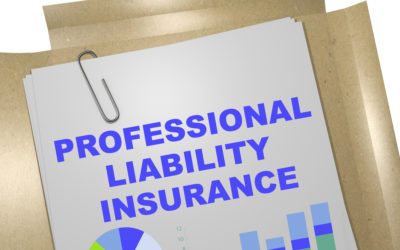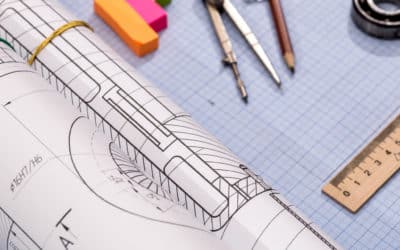The intricate engineering world, where designs and structures shape our daily lives, is not free from potential pitfalls. Errors, while often unintended, can result in significant liabilities. Engineering Liability Claims offer insights into professionals' real-world...
Risk Management
Get a Free Quote
Click here to get started.
Prefer to talk? Call us at 713-552-1900
The Difference Between General and Professional Liability for Engineering Firms
Navigating the insurance world can be a maze, especially when determining the appropriate coverage for specific risks that engineering firms face. One common point of confusion is understanding the difference between General and Professional Liability. Both are...
Mistakes Happen: How Professional Liability Protects Engineering Firms from Unforeseen Errors
Engineering projects are a blend of precision, innovation, and expertise. Yet, like in any profession, mistakes can happen. Even the most meticulously planned projects can encounter unforeseen errors. When these mistakes result in financial or reputational damage,...
Understanding Professional Liability Insurance for Engineers
The Essential Shield: Professional Liability Insurance for Engineers In the precision-driven world of engineering, where the slightest miscalculation can lead to significant repercussions, securing robust Professional Liability Insurance is not just advisable; it's...
A Complete Guide to Architect Professional Liability Insurance
Are you one of the 126,700 architects practicing in the United States? If so, the importance of having architect professional liability insurance cannot be overstated. Without it, you could be left exposed to lawsuits that could be catastrophic for your practice....
What You Need to Know About Professional Liability Insurance in 2022
Have you ever dealt with a client who seemed friendly enough at first but then turned on you at the last minute? Maybe they claimed you cut corners or made a mistake. Or perhaps your work only caused more trouble for them. In most cases, your company is never to...
What type of information is not considered confidential/proprietary?
Q: When the contract requires protection of confidential/proprietary information, what information may not fall into that category? A: Keeping in mind that this is not an all-inclusive list, following are some examples of information that may not be truly...
How should I resolve a dispute?
Q: Is litigation, arbitration, or mediation a more favored method of resolving a dispute? A: There are many variables to consider when determining which resolution method is best for your firm, and even for a particular project. Find a knowledgeable...
Jobsite Safety – Contract Tip of the Week
Q: I’ve always understood that design professionals aren’t responsible for jobsite safety, yet I continue to hear about design professionals who are brought into claims that involve unsafe conditions at a project site. Why does this happen and how can I manage this...
Hazardous Materials – Contract Tip of the Week
Q: Who is responsible for hazardous materials on site? A: Waste materials, hazardous substances, and contaminants can pose a clear danger when they’re discovered on a project site. Taking responsibility for these types of site conditions is beyond the capability of...
Rejecting Work – Contract Tip of the Week
Q: Can we reject work during site visits? A: Rejecting work may increase your risk. While you may have the authority to reject or require additional inspection for work that does not appear to conform to contract documents, you do not have the professional duty to do...
Lien Rights – Contract Tip of the Week
Q: Should I waive my lien rights? A: We recommend that you speak with knowledgeable counsel on this matter, because lien rights vary substantially from state to state. It is industry standard, however, to waive your lien rights only when you have been paid in fully...
Electronic Files – Contract Tip of the Week
Q: I have a client who wants to receive all of my design documents as electronic files. How can I protect the integrity of my design and the use of my instruments of service? A: Transferring data electronically poses not only corruption, conversion, and software error...
Accuracy of Information – Contract Tip of the Week
Q: We are required to verify the accuracy of information or data supplied by or on behalf of the project owner. Does this present a risk? A: Yes, if you do not expressly have the right to rely on the information furnished by or on behalf of the owner/client, you may...
Drawings – Contract Tip of the Week
Q: I’ve been told to distinguish between “record drawings” and “as-builts.” Can you explain how you perceive the difference? A: A: “As-builts” are typically prepared by a contractor who marks up plans in accordance with changes or clarifications that are...















